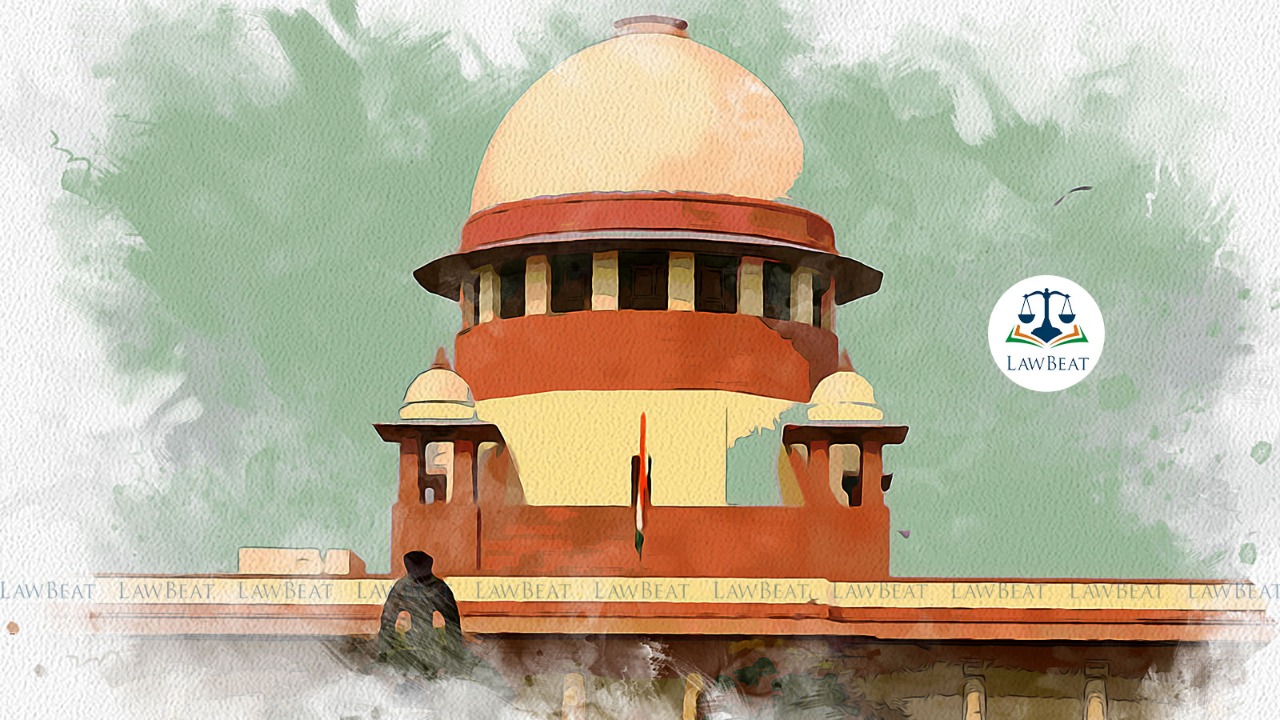Indigence should never be a ground to deny fair and equal justice-Supreme Court sets aside Death Sentence

"Though the offence is gruesome and revolts the human conscience but an accused can be convicted only on legal evidence and if only a chain of circumstantial evidence has been so forged as to rule out the possibility of any other reasonable hypothesis excepting the guilt of the accused", the Bench opined.
A Bench led by CJI U.U. Lalit and Justices S Ravindra Bhat and J.B Pardiwala, while hearing appeals challenging a judgment and an order passed by the High Court of Judicature at Allahabad, Bench at Lucknow confirming the death sentence, set aside the conviction of the accused appellant under Section 302 of the IPC.
While acquitting the appellant accused, the Bench noted, "Without any hesitation and with disappointment, we state that the case on hand is one of most perfunctory investigation. It appears that the accused herein was provided with a legal aid. He might not have been able to afford a good and experienced trial side lawyer to defend himself".
In the present case the accused appellant, allegedly had mercilessly clobbered all the five members of his family, including wife and four children out of five, to death with a sharp cutting weapon called Banka. The motive behind the alleged crime was the appellant's extra-martial affair with a married woman.
The Trial Judge had convicted the accused appellant for the offence under Section 302 of the IPC and sentenced him to death relying upon the incriminating circumstances:
-discovery of weapon and bloodstained clothes
-extra judicial confessions
-strong motive
-false explanation and his unnnatural conduct.
The Court considered the evidences placed and relied on by the Court, and was also of the opinion that even in cases with circumstantial evidence, conviction can be purely relied on the same. But while dealing with the present factual matrix, court was of the opinion that the guilt was not proved beyond reasonable doubt.
The Bench noted, "Though the offence is gruesome and revolts the human conscience but an accused can be convicted only on legal evidence and if only a chain of circumstantial evidence has been so forged as to rule out the possibility of any other reasonable hypothesis excepting the guilt of the accused".
“Realities or truth apart, the fundamental and basic presumption in the administration of criminal law and justice delivery system is the innocence of the alleged accused and till the charges are proved beyond reasonable doubt on the basis of clear, cogent, credible or unimpeachable evidence, the question of indicting or punishing an accused does not arise, merely carried away by heinous nature of the crime or the gruesome manner in which it was found to have been committed. Though the offence is gruesome and revolts the human conscience but an accused can be convicted only on legal evidence and if only a chain of circumstantial evidence has been so forged as to rule out the possibility of any other reasonable hypothesis excepting the guilt of the accused”.
The Bench referred to Ranchod Mathur Wasawa vs. State of Gujarat, (1974) 3 SCC 581, where the Court had observed that, the Sessions Judge should view with sufficient seriousness the need to appoint State Counsel for undefended accused in grave cases. Indigence should never be a ground for denying fair trial or equal justice. Therefore, particular attention should be paid to appoint competent advocates, equal to handling the complex cases, not patronising gestures to raw entrants to the Bar.
The Court further noted that, this case provides an opportunity to remind the learned District and Sessions Judges across the country conducting sessions trials, more particularly relating to serious offences involving severe sentences, to appoint experienced lawyers who had conducted such cases in the past. It is desirable that in such cases senior advocate practising in the trial court shall be requested to conduct the case himself or herself on behalf of the undefended accused or at least provide good guidance to the advocate who is appointed as amicus curiae or an advocate from the legal aid panel to defend the case of the accused persons. Then only the effective and meaningful legal aid would be said to have been provided to the accused.
Case Title: Ramanand @ Nandlal Bharti vs State of Uttar Pradesh
